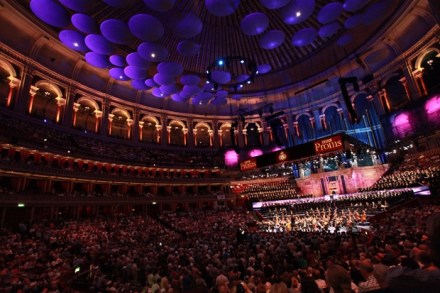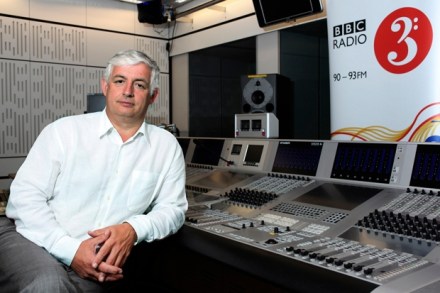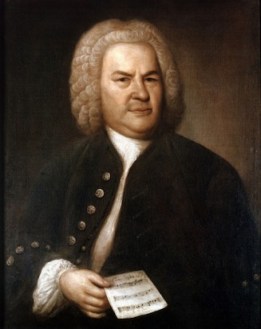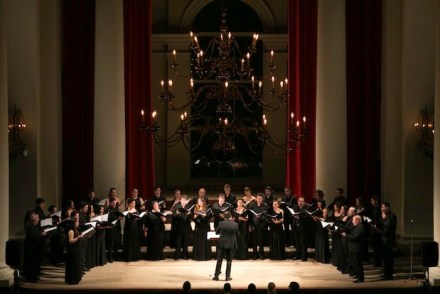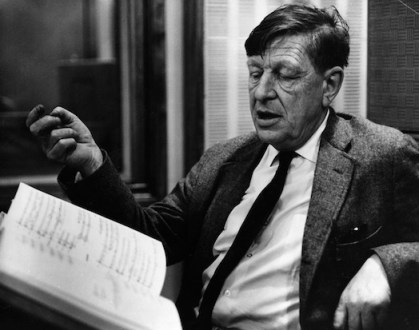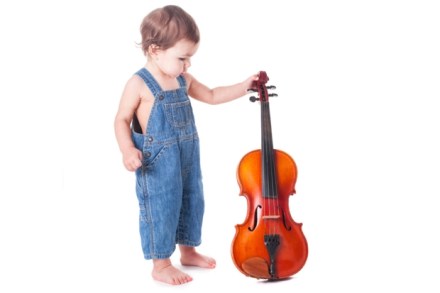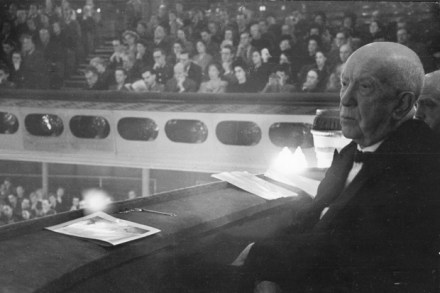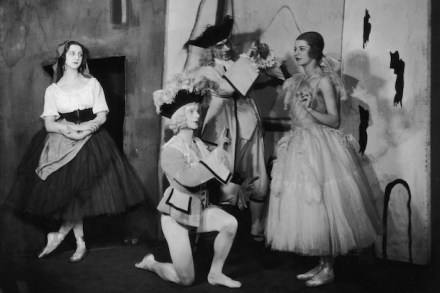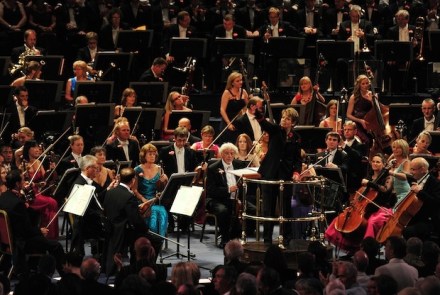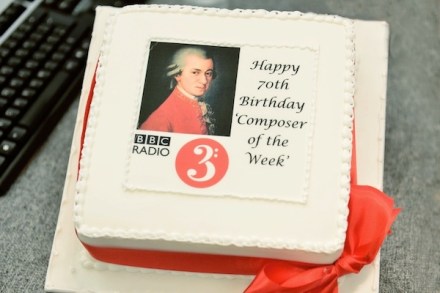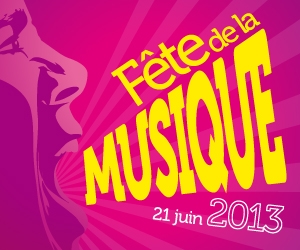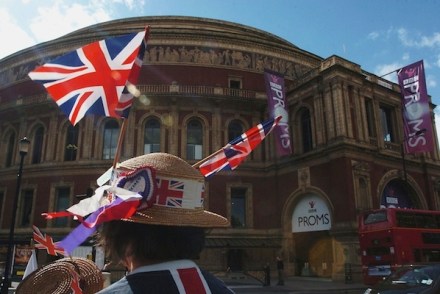Was Elgar’s The Kingdom an attempt to write a religious Ring Cycle?
To go from the second day of the England v. India Test match at Lord’s to the Albert Hall for the opening night of the Proms was to make a journey that a chosen few might find enviable. Nonetheless, different though the two activities are, there were some similarities. For example, the arena at the
